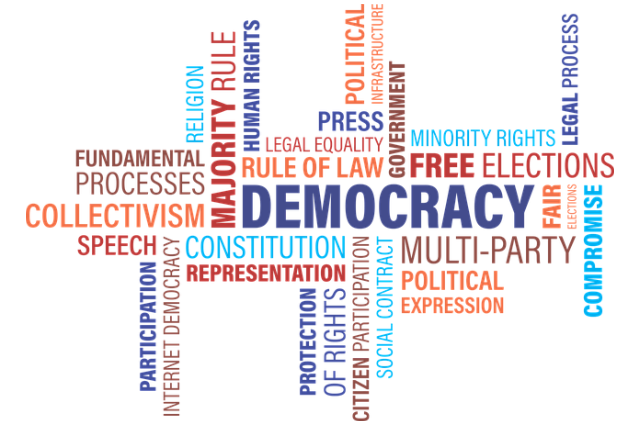The Power of Social Media in Politics: Why It Matters and Tips

In today’s digital age, social media has emerged as a transformative force in politics. It has revolutionized how information is shared, political campaigns are run, and public opinion is shaped. This article explores the significance of social media in politics and provides essential tips for effectively utilizing these platforms to navigate the complex landscape of modern political discourse.
Why Social Media Matters in Politics:
1. Broad Reach and Influence: Social media platforms such as Facebook, Twitter, Instagram, and YouTube boast billions of active users worldwide. This extensive reach offers politicians an unparalleled opportunity to connect directly with constituents, share their ideologies, and mobilize support. By sidestepping traditional media channels, politicians can deliver unfiltered messages and engage with diverse audiences.
2. Real-Time Engagement and Rapid Information Dissemination: Social media enables instant communication and fosters real-time engagement. Politicians can interact directly with citizens, respond to their concerns, and participate in online debates. Additionally, social media accelerates the spread of information, making it easier for political campaigns to disseminate updates, policy proposals, and breaking news. The instantaneous nature of these platforms facilitates greater transparency and responsiveness in political discourse.
3. Grassroots Activism and Mobilization: Social media has proven to be a powerful tool for grassroots movements, allowing citizens to organize and mobilize support for various political causes. It has democratized the political landscape by empowering individuals to express their opinions, raise awareness, and rally like-minded people. Movements such as #BlackLivesMatter and #MeToo have gained momentum through social media, bringing critical social issues to the forefront of public consciousness.

Tips for Effective Social Media Engagement in Politics :
1. Authenticity and Transparency: Be genuine and transparent when using social media. Users appreciate politicians who express their beliefs honestly, address controversies openly, and admit their mistakes. Authenticity builds trust and fosters stronger connections with the public.
2. Engage Actively and Responsively: Regularly engage with your followers, respond to their comments, and participate in discussions. This demonstrates your commitment to open dialogue and accessibility. However, remember to maintain a respectful tone, even when engaging with those who hold differing opinions.
3. Content Strategy: Develop a well-thought-out content strategy that aligns with your political goals and resonates with your target audience. Share informative articles, engage in issue-based discussions, and provide updates on your activities and achievements. Use a variety of media formats, including text, images, videos, and infographics, to diversify your content and increase engagement.
4. Data Privacy and Security: Safeguard user data and respect privacy regulations. Ensure that your social media practices comply with data protection laws and guidelines. Establish clear guidelines for handling personal information, and be transparent about how user data is collected, used, and protected.
5. Fact-Checking and Avoiding Misinformation: Prioritize accuracy and fact-check information before sharing it. With the prevalence of misinformation online, it is crucial to verify the credibility of sources and avoid spreading false information. Be responsible for promoting truthful content and combatting misinformation within your network. The advent of social media has revolutionized politics, offering politicians unprecedented opportunities for engagement, influence, and mobilization. By effectively utilising social media platforms’ power, politicians can build stronger connections with constituents, elevate important issues, and shape public opinion. By adhering to essential tips such as authenticity, active engagement, and responsible content sharing, politicians can navigate the social media landscape successfully and leverage its potential for positive change in politics.
Author: Abhilipsa Mohanty
